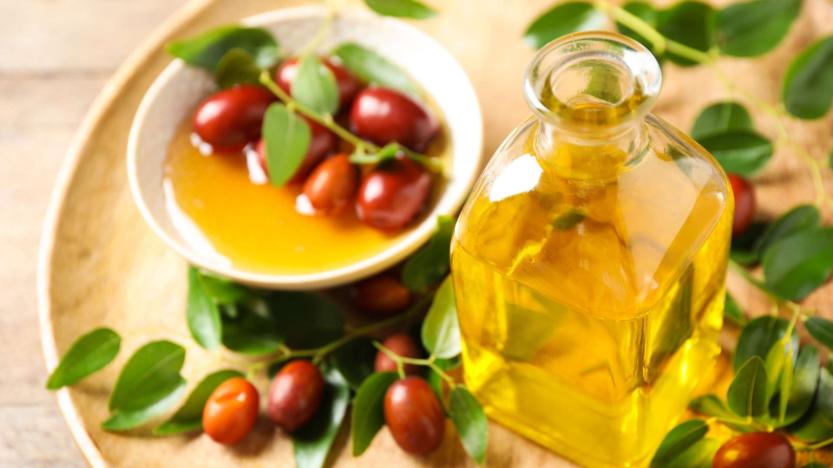Dilated pores, persistent shine, irregular skin texture, small pimples: if these signs sound familiar, you probably have oily skin. This type of skin is not reserved for teenagers - quite the contrary. It's common in adulthood and can quickly become a source of discomfort, even complexes.
The cause? An overproduction of sebum, called seborrhea, due to various factors: heredity, pollution, hormonal imbalances, chronic stress or unbalanced lifestyle. Faced with this situation, it's tempting to try and "strip" the skin with abrasive products. However, this can actually make the situation worse.
Why stripping oily skin is a bad idea
When you cleanse your skin too aggressively or use excessively drying skin care products, you send a distress signal to your sebaceous glands. As a result, they react by producing even more sebum, believing they have to protect weakened skin. You then enter a vicious circle: the more you strip, the oilier your skin becomes.
Yes, oily skin needs moisturizing
Contrary to popular belief, oily skin does not mean well-moisturized skin. Oily skin can be dehydrated, sensitive or uncomfortable. That's why it needs to be nourished and protected with adapted skin care products that respect its balance without aggressing it.
Regulate sebum with appropriate plant oils
One of the most effective and natural solutions for rebalancing oily skin is the use of vegetable oils. It may seem paradoxical, but by providing the skin with the right lipids, we help it to reduce its excessive sebum production. The aim is to let the skin know that it is already protected.
For this, always choose vegetable oils high quality: organic, virgin, first cold-pressed, fragrance-free, mineral oil-free and alcohol-free. The composition must be simple: only vegetable oil and possibly vitamin E as a natural antioxidant.
The best plant oils for oily, shiny skin
Among the most effective oils, two in particular stand out:
Jojoba oil for oily skin with imperfections
Its structure is very similar to that of human sebum. It is rapidly absorbed, leaves no greasy film and gently regulates sebum production. It helps balance skin pH, while providing regenerative and healing properties. Ideal if your skin shows signs of pimples or residual marks.

Hazelnut oil light, penetrating and soothing
Also non-comedogenic, it balances sebum secretion, softening and protecting the skin. Highly penetrating, it leaves skin supple, with no greasy feel. As an added bonus, its discreet, gourmand fragrance brings sensory pleasure on application.
Tips on applying plant oils for an effective routine
Apply these oils morning and night to perfectly clean, dry skin. Just a few drops are enough: warm them between your hands and gently massage into the face.
For persistent blemishes: the tea tree option
If your oily skin also has impurities or a tendency to acne, you can enrich your vegetable oil with a drop oftea tree essential oil (Melaleuca alternifolia). Antibacterial, purifying and purifying, it gently helps combat imperfections.
By rebalancing your skin with natural, respectful skincare products, you give it what it really needs: soothing, nourishing and protecting. A real change takes place... gently.



